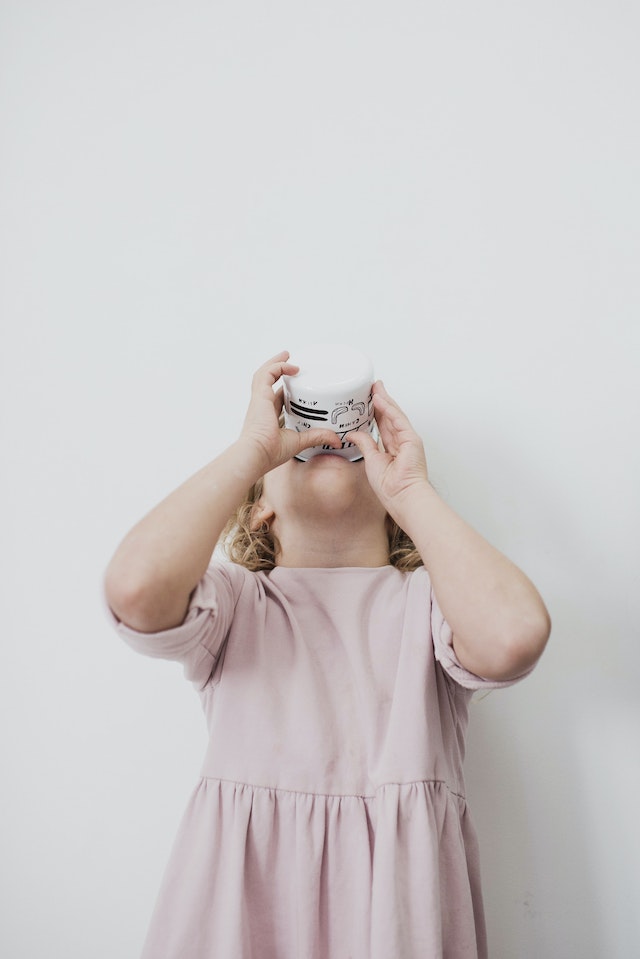Introduction:
The scorching summer heat can pose challenges in maintaining proper hydration for everyone, especially toddlers.
Young children are more susceptible to dehydration due to their higher water turnover and increased activity levels.
As a parent, it’s crucial to ensure that your toddler stays well-hydrated to prevent dehydration-related complications.
In this article, we will provide you with valuable tips on how to maintain water balance in your child’s body during hot summer months.
Offer Water Frequently:
Encourage your toddler to drink water regularly throughout the day.
Make water easily accessible by keeping a bottle or sippy cup within their reach.
Offer small sips frequently to keep them hydrated without overwhelming their small stomachs.
Opt for Hydrating Foods:
Include water-rich foods in your child’s diet to boost their hydration.
Offer fruits and vegetables with high water content, such as watermelon, cucumber, oranges, and strawberries.
These foods not only provide hydration but also essential vitamins and minerals.
Set Reminders and Establish Routine:
With busy schedules and distractions, it’s easy to forget about drinking water.
Set reminders or establish a routine to ensure your toddler gets regular water breaks.
Encourage them to drink water before and after physical activities, meals, and outdoor play.
Offer Homemade Fruit Popsicles:
Make healthy and refreshing popsicles at home using pureed fruits and water.
These homemade treats can be a fun way to keep your toddler hydrated while providing a tasty snack.
Avoid using sugary juices or sodas as they can contribute to dehydration.
Use Fun and Colorful Cups:
Make drinking water more appealing to your toddler by using colorful and fun cups or bottles.
Choose cups with their favorite characters or designs to encourage them to drink more water.
Let them choose their cup or bottle to increase their involvement and interest.
Encourage Fluids During Playtime:
During outdoor activities or playtime, remind your toddler to take breaks and drink fluids.
Offer water before, during, and after play sessions to replenish lost fluids due to sweating.
Encourage them to rest in shaded areas to avoid excessive heat exposure.
Monitor Urine Color and Frequency:
Pay attention to your toddler’s urine color and frequency.
Pale yellow urine indicates proper hydration, while dark-colored urine may suggest dehydration.
Ensure they are urinating regularly, as infrequent urination can be a sign of dehydration.
Limit Sugary and Caffeinated Drinks:
Avoid giving sugary drinks like sodas, sports drinks, or fruit juices with added sugars to your toddler.
These beverages can increase the risk of dehydration and contribute to tooth decay.
Similarly, caffeinated drinks should be avoided as they can act as diuretics and lead to increased urine production.
Seek Shade and Dress Appropriately:
When venturing outdoors, seek shaded areas to protect your toddler from direct sunlight and excessive heat.
Dress them in lightweight, loose-fitting, and breathable clothing that allows proper air circulation and minimizes overheating.
Lead by Example:
Children learn by observing their parents’ behavior.
Make sure you lead by example and demonstrate the importance of staying hydrated by drinking water regularly yourself.
Encourage family members and caregivers to follow suit.
Conclusion:
Maintaining proper hydration in toddlers during hot summer months is essential to their well-being.
By offering water frequently, incorporating hydrating foods, using fun cups, and establishing a routine, you can help your child stay hydrated.
Monitor urine color and frequency, limit sugary drinks, and provide shade and appropriate clothing to prevent dehydration.
Remember, being proactive in maintaining your toddler’s hydration will contribute to their overall health and enjoyment during the summer season.
![]()












